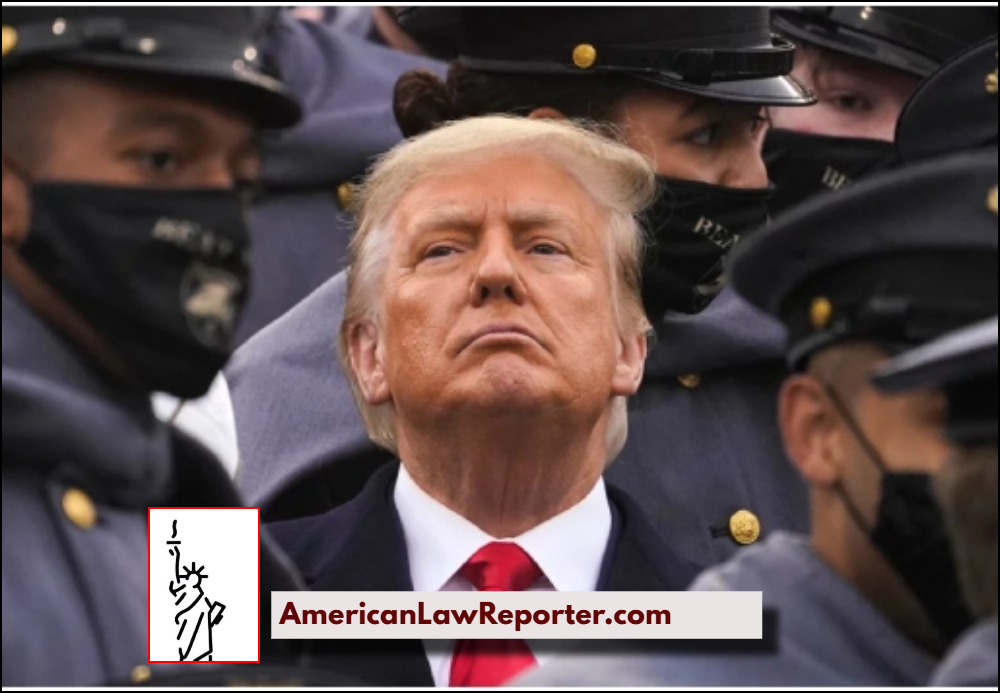The Trump administration is preparing to expand the scope of what constitutes “good moral character” in U.S. naturalization applications, a move that could make it harder for legal immigrants to secure American citizenship.
Under longstanding immigration law, applicants for naturalization must demonstrate good moral character during the required residency period—typically three to five years depending on the case. Traditionally, this has meant proving the absence of serious criminal convictions or other statutory disqualifiers outlined in the Immigration and Nationality Act (INA).
However, the administration has announced plans for a broader, so-called “holistic assessment” of applicants’ conduct, community involvement, and adherence to civic norms. According to U.S. Citizenship and Immigration Services (USCIS), officers will now evaluate not only an applicant’s criminal history but also their educational attainment, community engagement, and overall contributions to society.
In addition, USCIS has indicated it may consider lawful but disfavored behaviors—such as habitual traffic violations, harassment, or solicitation—as evidence of poor moral character. Critics warn that this could dramatically expand the discretion of adjudicating officers and potentially lead to higher denial rates, even for applicants who have no criminal record.
Administration officials argue the new framework is necessary to “restore integrity” to the immigration system, ensuring that citizenship is granted to individuals who reflect both the legal and civic values of the United States. But immigration advocates and legal analysts caution that the policy could create arbitrary barriers and disproportionately affect immigrants from marginalized communities.
By expanding beyond the statutory factors traditionally applied, the changes may also invite future litigation challenging the legality of the agency’s interpretation. Immigration attorneys note that the INA provides specific grounds for disqualification and that administrative agencies could face challenges if they attempt to apply broader, subjective standards.
This development comes amid a broader trend of heightened immigration enforcement under the Trump administration, which has repeatedly sought to narrow access to U.S. immigration benefits for both undocumented and legal immigrants.
As of now, the proposed framework has not been formally codified into regulation, but USCIS guidance suggests officers are already being trained to apply the expanded criteria in naturalization interviews. Legal practitioners and immigrant communities are closely monitoring the rollout, as the impact on future naturalization petitions could be significant.

